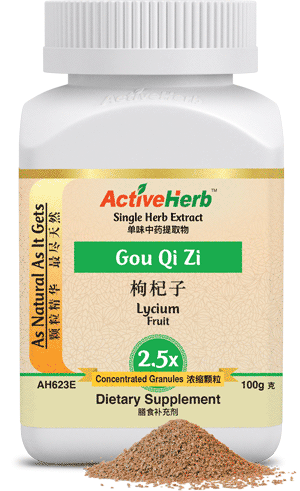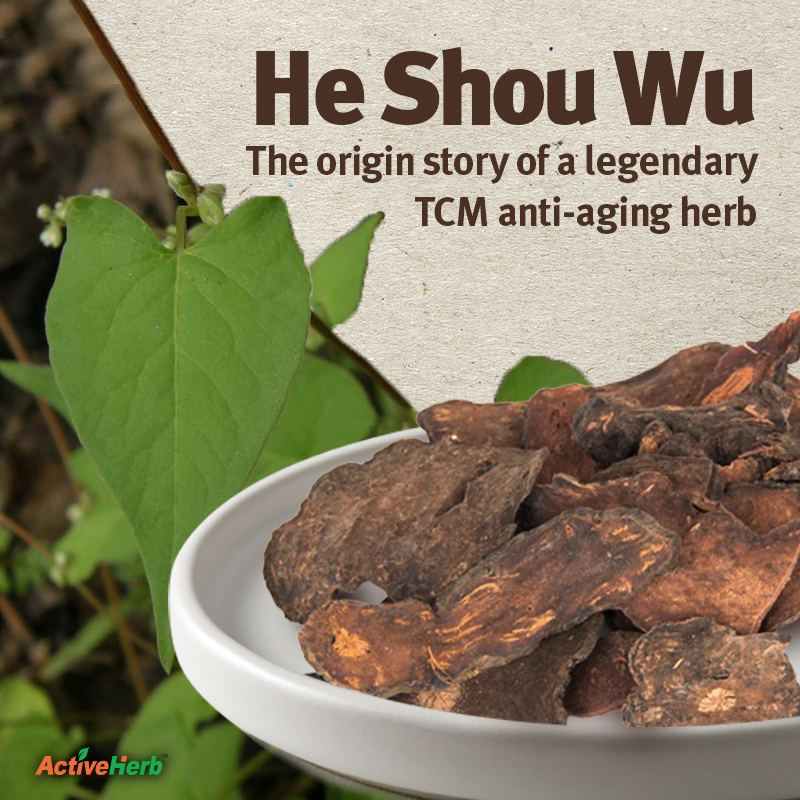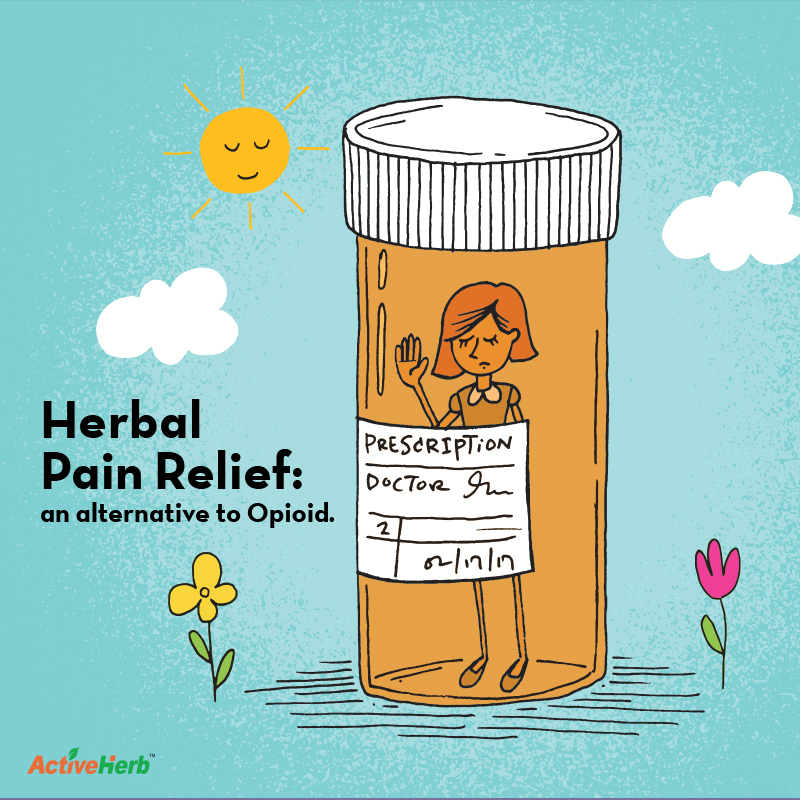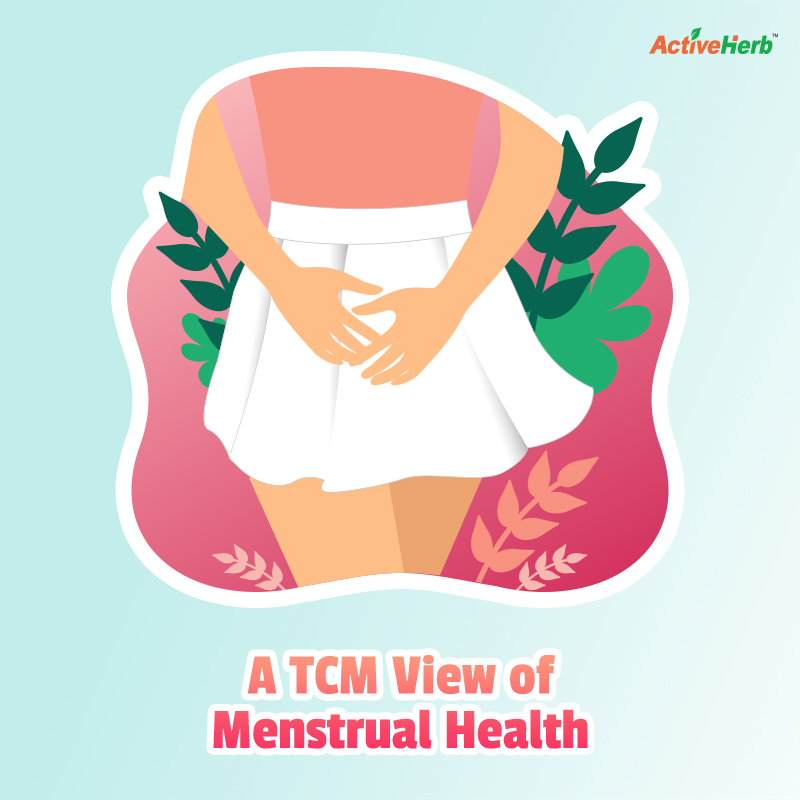Top 5 Chinese Medicine Trends In 2020 & Beyond
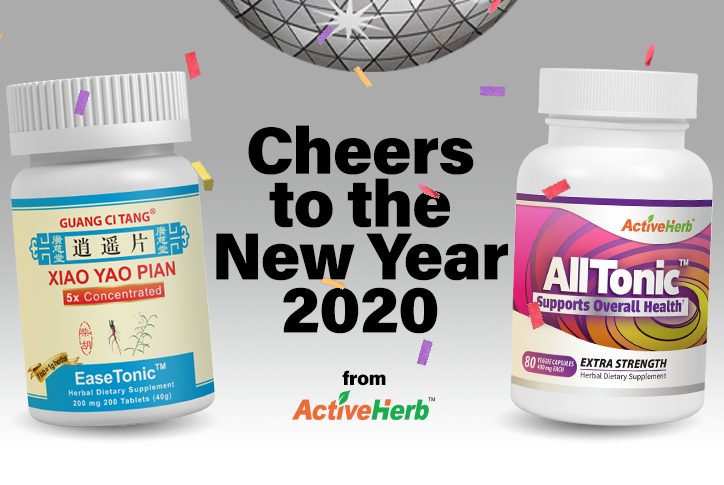
While we live in a world where everything seems to be in constant flux, one thing that remains reliably unchanged is traditional Chinese medicine. Although the theories and principles of Chinese medicine evolved over the centuries, from prehistoric times to the 3rd century BCE, when the Yellow Emperor’s Classic of Internal Medicine was written (the “Bible of TCM”), the ancient diagnostic patterns and herbal prescriptions have largely remained unchanged.
But is Chinese medicine really the orthodox, ancient, fixed discipline many people think it is? In reality, it’s proven over recent years to be quite adaptable and versatile.
Here are the top 5 trends we predict for Chinese Medicine in 2020 and beyond….
#1: Chinese Herbs: The New Essential Oils
Essential oils continue to enjoy the spotlight in the natural/alternative remedy industry. But as more and more isolated therapeutic compounds in Chinese herbs are discovered, we think it’s only a matter of time before you start seeing Chinese herbs in shampoo, soap, skin care creams and other cosmetic and personal-care products.
The ancient use of Chinese herbs are being confirmed by the latest biomolecular advances. We expect a surge in everyday products to feature Chinese herbs, such as joint-support ointments and much more….
#2: The Future Of Tea Is Here
Herbal tea has been enjoyed by a myriad of cultures for centuries. Although herbal tea can be soothing, it’s debatable whether commercial brands of tea bags can promote homeostasis in the body. For getting the body back to Yin-Yang balance, you need something stronger than a tea bag of, say, chamomile. Up until recently, Chinese medicine doctors prescribed and decocted bulk herb tea.
But relatively few Americans have the time or knowledge to make bulk herbs into healing teas, which requires a lengthy, malodorous and fairly complex brewing process. But a recent way to reap the benefits of bulk herbs without the mess, noxious odor and time commitment of bulk herb tea decoctions is already here: herb extract granules.
Instead of taking hours or even days to make a Chinese herbal tea, with extract granules, it takes mere seconds: just stir in warm or hot water. But time saving is not the only advantage of granules. Granule extracts are much stronger than bulk herbs.
We expect a huge boom in the number of acupuncturists and Chinese medicine doctors prescribing or recommending herbal extract granules.
Of course, this prediction is somewhat easy to make, considering we already offer over 200 herbs in extract granule format. But we expect more manufacturers of extract granules to enter the marketplace. We welcome the competition because we strongly believe this is one of the most impressive advancements in TCM in recent years; it’s a potential game changer in terms of helping the average American consumer meet their health goals, including those who dislike pills or capsules, or have trouble swallowing them.
Perhaps herbal granules will become so popular you’ll start seeing them in your neighborhood health food store.
#3: Virtual Appointments
A new paradigm is emerging in Western healthcare: virtual visits with a physician. Instead of hopping in the car to the doctor’s office and waiting to be called and for the doctor to see you, you can speak to your doctor with an Internet connection and a webcam. Virtual visits can save patients time and money. We predict savvy, forward-thinking acupuncturists and Chinese medicine physicians will offer the same virtual visits. But instead of opening up and saying “ah,” all you’ll have to do is stick out your tongue so the Chinese medicine expert can make a diagnosis.
Tongue diagnosis is at least 2,400 years old. Interestingly, it is believed to have initially developed, in part, so the doctor would have minimal contact with the patient. Why? Because during the advent of tongue diagnostics, gangrene-causing highly infectious diseases were a big threat. These diseases discouraged doctors from coming in direct contact with their patients for a pulse diagnosis.
However, the development of artificial intelligence (AI) may hold new applications for tongue diagnosis, suggests research in the Journal of Integrative Medicine. Virtual appointments and AI are examples of how ancient wisdom has evolved with the times.
#4: Plant-Based Folk Medicine Alternatives
Just as “plant-based food” has becoming increasingly popular, we expect—and hope—that in China and other countries in the Far East, TCM herbs will replace dubious animal parts. Especially those from endangered and threatened species. Chinese herbs can and should be used to replace rhino horn, for example.
#5: Chinese herbal-infused cocktails
Did you know goji berries, a popular superfood snack in the west is a classic Chinese herb? It’s true, “Gou Qi Zi” contain antioxidants. According to TCM theory, the exotic berries also benefit the eyes and serves as a Liver tonic. Obviously, it’s not healthy to consume alcohol in excess. But we predict that you’ll start seeing mixologists in cosmopolitan cities use more Chinese herbs to make artisanal cocktails. Goji berry-infused vodka martinis are already a thing in some trendy bars.
What do you predict for Chinese herbal medicine in 2020 and beyond? Leave a comment.



